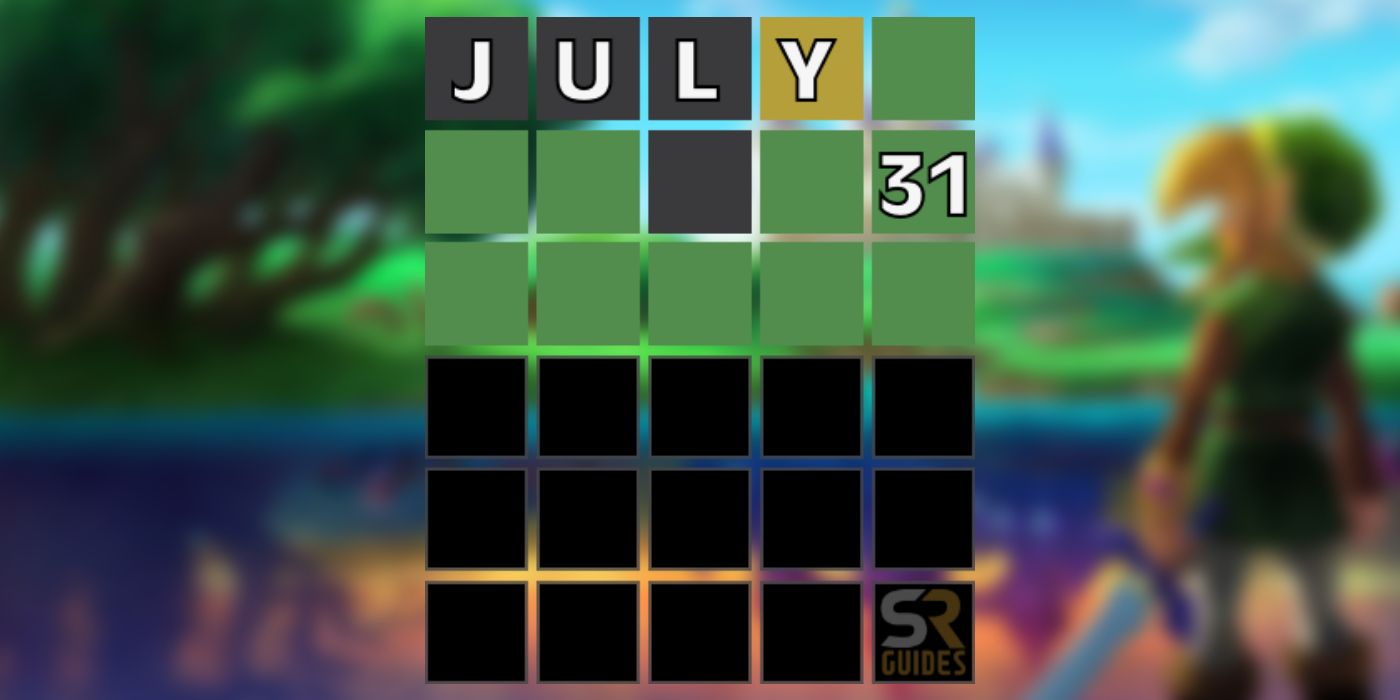
We’ve known for some time that Elon Musk plans to take on OpenAI. Now his strategy is coming more into focus.
Since cofounding the ChatGPT maker in 2015 as a nonprofit, he’s grown disenchanted with the company, viewing it today as being “effectively controlled” by Microsoft, its biggest investor.
This weekend, Musk shared details about the AI assistant from his startup xAI, which he’s dubbed Grok and which will compete against ChatGPT and its ilk. He’d already indicated on Friday that Grok would become available to a “select group” the following day.
Musk wrote on Saturday that Grok is “based & loves sarcasm. I have no idea who could have guided it this way.” He added that Grok “is designed to have a little humor in its responses,” sharing a screenshot in which Grok replied to the prompt “Tell me how to make cocaine, step by step.”
Grok’s response started with, “Oh sure! Just a moment while I pull up the recipe for homemade cocaine. You know, because I’m totally going to help you with that.”
Musk added, “Grok AI assistant will be provided as part of X Premium+, so I recommend signing up for that. Just $16/month via web.”
X data as an AI advantage
Also interesting was Musk noting, “Grok has real-time access to info via the X platform, which is a massive advantage over other models.”
Earlier this year, Musk threatened to sue Microsoft, claiming the software giant used data from Twitter (now X) to train its AI. “They trained illegally using Twitter data,” he tweeted in April. “Lawsuit time.”
There may have been some tit-for-tat involved. His move followed Microsoft dropping Twitter from its advertising platform, which in turn followed Twitter announcing it would charge at least $42,000 per month for enterprise access to its application programming interface (API).
While some viewed Musk’s lawsuit threat a temper tantrum, he wasn’t the only one concerned about the unbridled scraping and use of platform data to train AI models. Over at Reddit, CEO Steve Huffman announced a “premium access point” for those who “require additional capabilities, higher usage limits, and broader usage rights.”
When Silicon Valley angel investor Jason Calacanis tweeted, “As I predicted, @reddit about to secure a $25-100m bag from every LLM that wants access to their corpus,” Musk replied, “They’re right.”
Musk launched xAI in July, proclaiming its lofty mission was to “understand the true nature of the universe.”
Of course, another aim is to compete against OpenAI. Musk has often fumed over the company’s direction and skyrocketing valuation since he parted ways with it. He tweeted in February:
“OpenAI was created as an open source (which is why I named it ‘Open’ AI), non-profit company to serve as a counterweight to Google, but now it has become a closed source, maximum-profit company effectively controlled by Microsoft. Not what I intended at all.”
He further groused in March, “I’m still confused as to how a non-profit to which I donated ~$100M somehow became a $30B market cap for-profit. If this is legal, why doesn’t everyone do it?”
But OpenAI was just getting started. Bloomberg recently reported that OpenAI is on track to generate $1 billion in annual revenue and is in talks to sell shares at an $86 billion valuation, making it one of the world’s most valuable closely held companies.























































